Description
Why Antonym Scrambles are a Cognitive Powerhouse
This activity does triple duty for developing minds:
- Builds Phonemic Awareness: Rearranging letters strengthens sound-letter connections and spelling.
- Develops Problem-Solving Skills: Students practice trial-and-error, pattern recognition, and strategy.
- Strengthens Vocabulary Retention: Unscrambling words creates lasting memory links.
- Enhances Working Memory: Holding and moving letters builds mental focus and flexibility.
We’ve designed this activity to build both knowledge and thinking skills:
1. The Strategy Guide: Tips include spotting prefixes/suffixes, vowel patterns, and starting with known parts. Students learn how to think, not just what to think.
2. Graduated Challenge Levels:
- Beginner: 4-letter words with common antonyms (fast/slow, tall/short).
- Intermediate: 5–6 letter antonyms (arrive/depart, create/destroy).
- Advanced: Multi-word phrases and uncommon pairs (generous/selfish, permanent/temporary).
3. Self-Monitoring Checkpoints: Students confirm their answers make sense as opposites, building accuracy and reflection.
3 Tips to Maximize the Learning Value
Create Your Own Scrambles: After mastering the worksheet, kids can design antonym scrambles for you. Teaching deepens their understanding.
(Call to Action – Human-Written)
Click ‘Add to Cart’ to download your Scramble Antonyms Words Worksheet instantly. Get an engaging tool that transforms vocabulary practice into critical thinking and problem-solving.
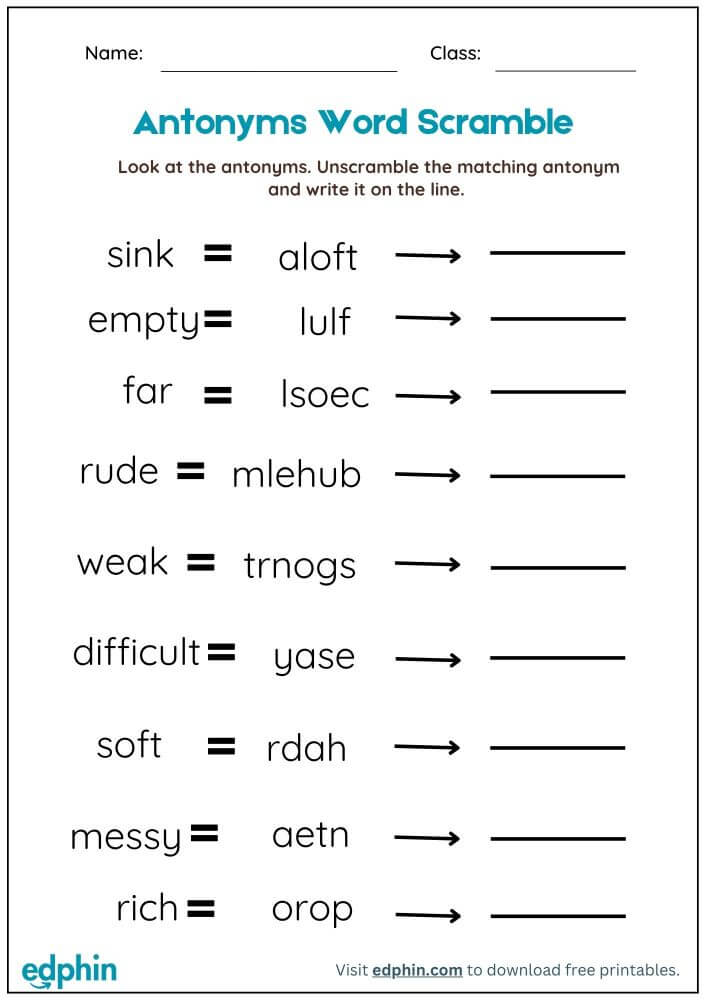
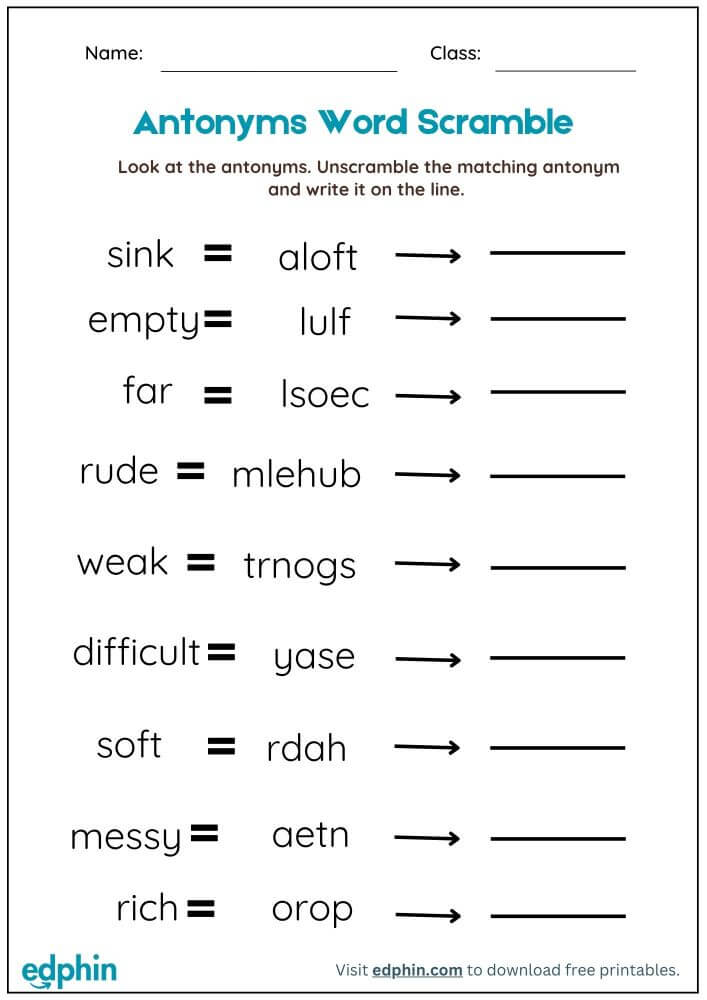

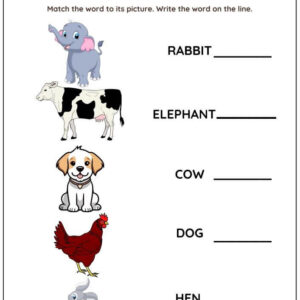
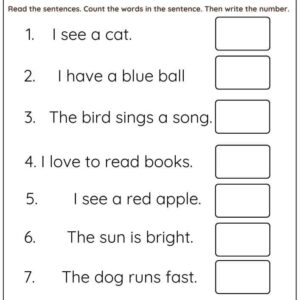
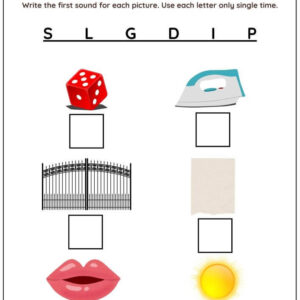
Reviews
There are no reviews yet.